 A series, like all good things, must end. In a perfect world, it would do so not sooner, not later, but just exactly where it needs to.
A series, like all good things, must end. In a perfect world, it would do so not sooner, not later, but just exactly where it needs to.
I’m not going to lie–this is an incredibly difficult feat to pull off. Finding the proper place to end a series is a lot like crawling around in a pitch-black room with a lamp’s plug, looking for a socket. While the room is flooding. And carnivorous eels are swimming in. Plus, lasers. And explosions. Even James Bond would have a bit of trouble with this. (Although Daniel Craig’s Bond, much as I love him, would probably be a terrifically bad writer. I don’t think he’d take editing well.)
A series needs to end for the same reason books need to end–because a successful story must have structure. A story starts out with a situation in equilibrium, something happens to disturb that equilibrium, the consequences are explained in rising action leading to a crisis, and the story naturally ends when a new balance is reached. Within each scene and chapter, this principle is also at work; there is an arc to each character and each sentence. And, of course, a series has its own arc; it naturally wants to settle into a new balance.
Finding that moment is difficult for a number of reasons. A good series ends at the right moment, leaving the audience satisfied but also wanting. If a story is a seduction, the series is the relationship, and you want it ending amicably. (Being recently divorced, maybe I shouldn’t use that metaphor. Oh well.) (more…)






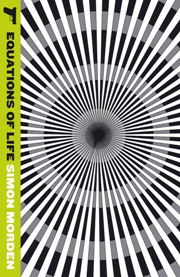
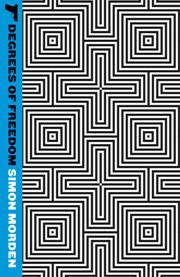
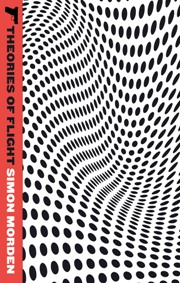
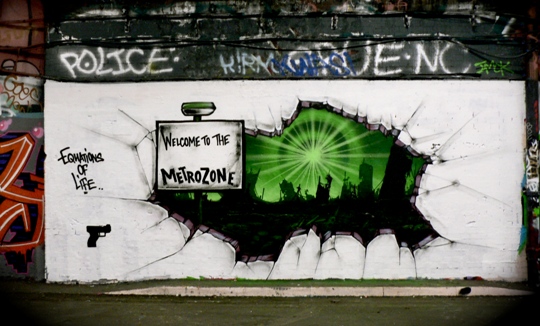

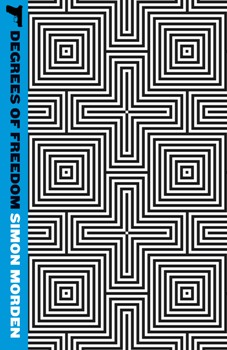
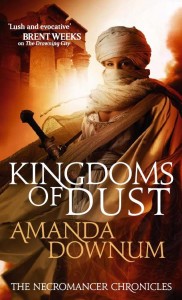

 One in particular caught my eye. It had a man in a spacesuit on the cover which, as a child fascinated by the Apollo missions, was a big draw. And that was pretty much it for the next thirty-odd years. That book (and I’ve finally tracked it down – the 1976 Puffin edition of Spaceship Medic, by Harry Harrison) quite literally changed my life. Soon I was on the hard stuff: Clarke, Asimov, the Heinlein juveniles. Anderson. Pohl. Herbert. Aldiss. Anything with a spaceship on the front, and these were the days when Bob Foss was king – those spaceships were huge.
One in particular caught my eye. It had a man in a spacesuit on the cover which, as a child fascinated by the Apollo missions, was a big draw. And that was pretty much it for the next thirty-odd years. That book (and I’ve finally tracked it down – the 1976 Puffin edition of Spaceship Medic, by Harry Harrison) quite literally changed my life. Soon I was on the hard stuff: Clarke, Asimov, the Heinlein juveniles. Anderson. Pohl. Herbert. Aldiss. Anything with a spaceship on the front, and these were the days when Bob Foss was king – those spaceships were huge. When you write a book, you’re only ever showing the important bits. Seems obvious, right? The boring stuff, the stuff that isn’t intimately bound in the narrative, the stuff that doesn’t just leap off the page, or drive home some essential truth about your characters or the world they live in, you leave out*. But it’s still there, in a way.
When you write a book, you’re only ever showing the important bits. Seems obvious, right? The boring stuff, the stuff that isn’t intimately bound in the narrative, the stuff that doesn’t just leap off the page, or drive home some essential truth about your characters or the world they live in, you leave out*. But it’s still there, in a way.
 Starting this April, Orbit will be publishing brand-new original short fiction written by our authors as eBooks. The stories will be available at all major eBook retailers – initially in the US, further afield in the very near future.
Starting this April, Orbit will be publishing brand-new original short fiction written by our authors as eBooks. The stories will be available at all major eBook retailers – initially in the US, further afield in the very near future.